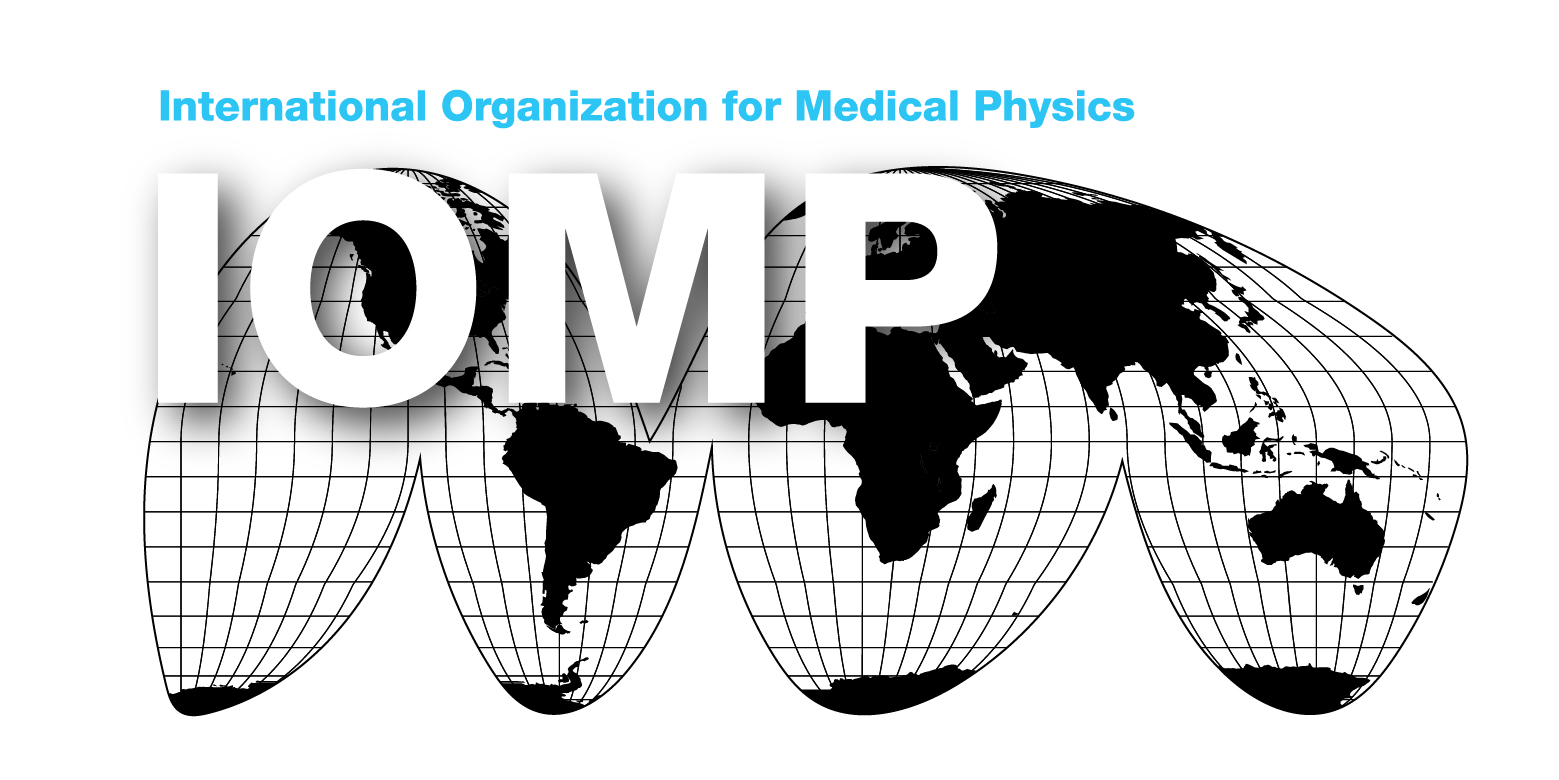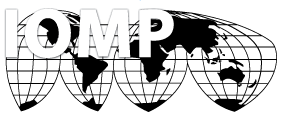A new IRPA, WHO, IOMP Initiative on Radiation Protection Culture in Medicine
B. Le Guen1, M. Perez2, S. Simone Kodlulovich3, and A. Bomben4
1IRPA, 2WHO, 3IOMP-ALFIM, 4SAR
As a follow-up of the publication of the Guiding Principles for Establishing a Radiation Protection Culture, IRPA wanted to explore the possibility of developing practical guidance for the medical sector. A new initiative was launched by IRPA in cooperation with IOMP, WHO and all RP professionals, for capturing the opinion of stakeholders to develop a document providing guidance for the establishment and maintenance of a radiation safety culture in health care settings.
The first step of this new project was the organization of a Regional Workshop on Radiation Protection (RP) Culture in Medicine in Buenos Aires, Argentina, on 11th April 2015. This workshop, which was a satellite event before the 10th Latin American IRPA Congress, gathered 68 participants representing regulatory bodies, health authorities, health professionals (radiologists, radiographers, medical physicists, nuclear medicine physicians, radiation oncologists, interventional cardiologists, dentists, paediatricians), manufacturers, and patients associations. The working languages were Spanish and English, with simultaneous interpretation.
The first part of the workshop consisted in plenary sessions for setting the scene, presenting the existing initiatives relevant for RP culture in medicine and listening to the voice of key stakeholders in the field of medical uses of radiation. Three break out groups then identified the key elements to be considered in the process of establishing and maintaining radiation protection culture in health care settings, and propose a preliminary framework that will provide a basis for the future development of the guidance document. The following topics were addressed by the break out groups:
1. Key elements for the establishment of RP culture in medicine.
2. Priorities in Latin America for building a solid RP culture in health care settings
3. Mapping relevant stakeholders in RP culture in medicine
Some of the identified key elements for establishing an RP culture in medicine were the following: commitment /motivation, engagement of leaders and managers, cooperation between stakeholders, establishment of standard levels of education, training and continuous professional development, effective communication, harmonization of terminology/common language, awareness of risks/risk perception, implementation of corrective action programmes linked to a blame-free policy, quality system implementation, use of incident reporting and learning systems, prospective risk analysis/use of risk matrixes, transparency/ information sharing, information), leadership associated with interdisciplinary teamwork, integration of radiation protection into patient safety procedures/systems, accreditation and recertification programs for health professionals, allocation of financial resources for RP culture, creation of “ad hoc” RP culture committees.
The barriers, solutions and priorities in Latin America were discussed, taking account of the current situation i.e. great variation in the levels of RP inter-county, inter-state/province, inter-institution, lack of legislation in some countries, lack of referring physician awareness. As a short term action was proposed a commitment to start working towards the establishment of a RP culture in medical facilities in Latin America. The following pledge was proposed: “In our hospital we work as a team to ensure effective use of radiation and protect the patient and our staff”.
There is a need to identify concrete and specific actions to establish a RP culture in medical facilities, taking into account the huge differences between them. It could be considered the creation of a regional work group/task force with defined, responsibilities to guide and coordinate this work in the countries, in collaboration with the international organizations (i.e. a “globally/regional supported, locally implemented” approach). The first product would be a work plan (short, medium and long term), with defined priorities, goals and strategies.
This workshop was the first of a series of similar events aimed to collect feedback for the development of the future guidance document. The current plan is to hold regional workshops open to all countries in at least 4 regions of the world. Registration to these workshops is free of charge. The next workshop will take place in Europe, hosted by WHO in its headquarters in Geneva (30th November- 2nd December).

